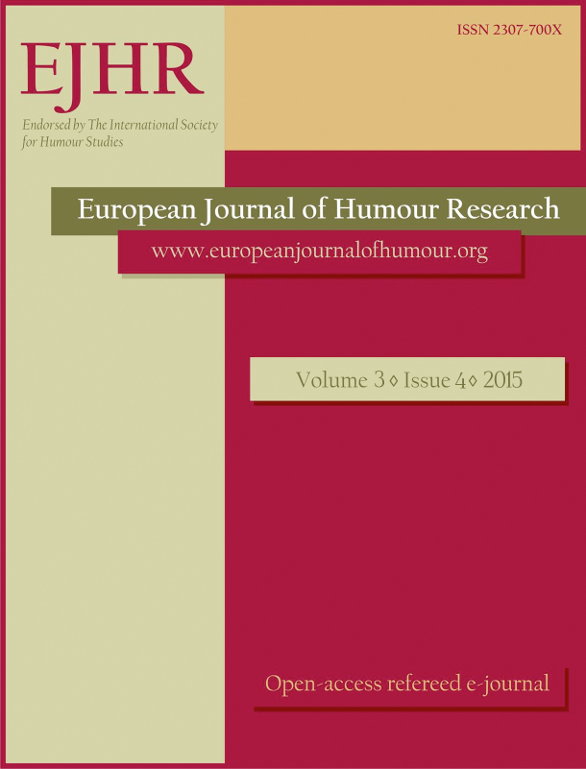Teachers’ perceptions of humour as a classroom teaching, interaction, and management tool
Teachers’ perceptions of humour as a classroom teaching, interaction, and management tool
Author(s): Michael Lovorn, Calli HolawaySubject(s): Education, Vocational Education, Educational Psychology, Pedagogy
Published by: Krakowskie Towarzystwo Popularyzowania Wiedzy o Komunikacji Językowej Tertium
Keywords: humour; teaching strategies; classroom management;
Summary/Abstract: Although research into humour in education contexts has increased sharply over the past decade, there are still relatively few studies related to its impact on specific elements of classroom dynamics such as teaching, student/teacher interaction, and classroom management. Teachers’ perceptions of the use of humour as a teaching, interaction, and management tool likely shape the educational experiences for all stakeholders. This study used online discussions to explore perceptions among kindergarten through grade 12 (K–12) teachers of the use of humour as a teaching, interaction, and management strategy in the classroom. These discourses revealed participating teachers (n = 31) have some understanding of how humour impacts teaching and learning, students’ engagement and motivation, teachers’ confidence and interaction with students, and various challenges and resistances to the use of humour in the classroom. Findings indicated that while most participating teachers could demonstrate examples of their use of humour in the classroom, few appeared to perceive humour as a structured classroom strategy. Additionally, the study revealed that while participating teachers are open to the idea of using humour in the classroom, most do not deliberately or strategically include it in the planning or implementation of their lessons. Participants’ responses consistently showed that humour “just happened” in the classroom and that it was part of a teacher’s responsibility to ensure that humour did not distract from learning activities. Participating teachers identified many more negative than positive factors that influenced their decisions about using humour in the classroom.
Journal: The European Journal of Humour Research
- Issue Year: 3/2015
- Issue No: 4
- Page Range: 24-35
- Page Count: 12
- Language: English

